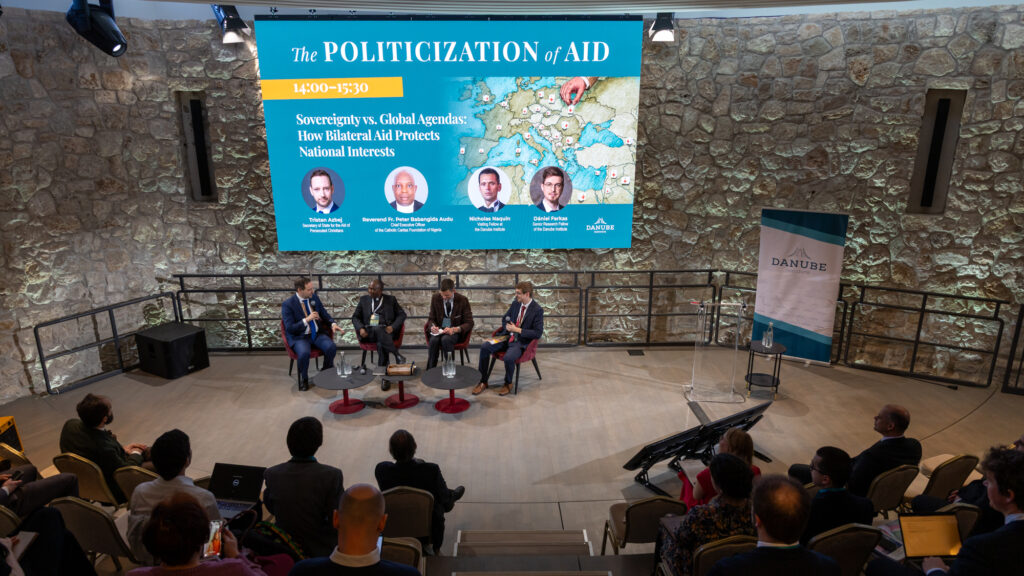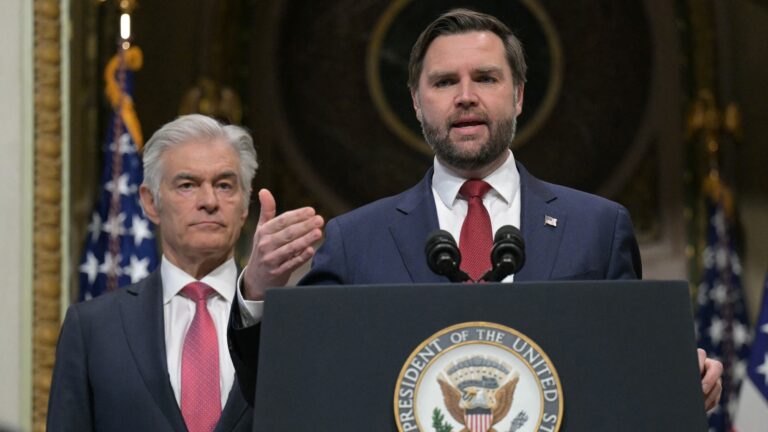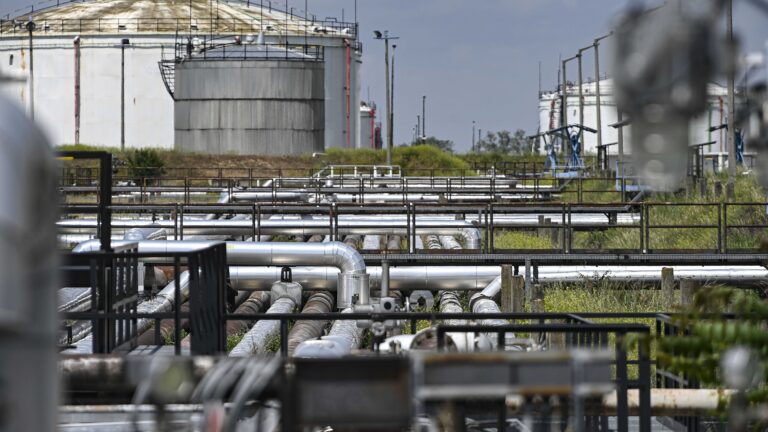Spain’s mass blackout on 28 April, which left millions without electricity for hours and reportedly caused multiple fatalities, has triggered a political and legal firestorm that shows no signs of abating. On 16 June, Vox party leader Santiago Abascal announced that the party had officially referred Beatriz Corredor, president of the national grid operator Red Eléctrica Española (REE), to the authorities on grounds of manslaughter. For the first time in recent memory, Spain’s energy transition is not only under scrutiny—it is under investigation.
The legal action against Corredor stems from what has been described by numerous political and institutional actors as a disastrous experiment in ideologically motivated energy policy. As both national and international media have reported —much to the disgrace of Spain’s country brand— the blackout took place because of the increasingly unbalanced energy mix, heavily reliant on intermittent renewable sources, as the root cause of the grid’s failure. The centre-right Partido Popular (PP), leading opposition party, has similarly echoed concern over the unsustainable pace and unilateral nature of Spain’s decarbonization agenda.
However, the blackout, far from an isolated technical glitch, is a glaring symptom of deeper structural and ideological flaws in our energy governance. In a country with the natural resources, industrial capacity, and strategic location to become a leader in secure and autonomous energy, it is simply unacceptable that citizens are left vulnerable to preventable failures. And yet, that is exactly what happened.
‘Contradictions…reflect a vision of energy policy that is incoherent, ideologically driven, and detached from the everyday needs of families, farmers, and businesses’
One of the most striking ironies of this crisis lies in the government’s contradictions. Former energy transition minister Teresa Ribera, who spearheaded the dismantling of our nuclear infrastructure, now advocates for nuclear investment —but in Belgium, not in Spain. At home, her ministry approved the destruction of fertile agricultural land to install solar farms, even as vast tracts of uncultivable land remain unused. These contradictions are not incidental —they reflect a vision of energy policy that is incoherent, ideologically driven, and detached from the everyday needs of families, farmers, and businesses.
The current government under Pedro Sánchez has only reinforced this dangerously incoherent trajectory. The Ministry for the Ecological Transition, now headed by Sara Aagesen, continues to promote a near-exclusive reliance on renewables without ensuring the complementary use of stable base-load sources like nuclear or combined-cycle plants. This refusal to admit the limits of solar and wind—technologies that are inherently intermittent—has left our national grid fragile and ill-prepared for demand surges or adverse weather.
When the blackout hit, the government tried to deflect responsibility. While Portugal—collateral damage of Spain’s imprudence and mismanagement—provided a full report on what went wrong within a few weeks, it was not until 16 June when the Council of Ministers presented a report acknowledging certain shortcomings at REE, yet it deflected blame towards the private sector. While the official line dismisses renewables as the root cause, it nonetheless calls for tighter regulation and improved power oscillation management—an implicit admission that the grid was mismanaged. But the evidence is mounting from multiple directions. On 23 June, AELEC —the association of Spain’s main energy providers, including Endesa, Iberdrola, and EDP Spain— published an independent report accusing REE of failing to provide adequate conventional generation. Commissioned from INESC TEC and Compass Lexecon, the report revealed that multiple warnings had gone unheeded in the days leading up to the blackout.
As a result, Beatriz Corredor now finds herself politically and legally exposed. Once a symbol of Spain’s technocratic energy establishment, she is now under pressure from the government, opposition, and private sector alike. Her tenure as head of REE increasingly looks like a casualty of a broader collapse of confidence in the state’s capacity to steer the energy transition responsibly.
‘Renewable energy must play a leading role —but not in isolation’
But beyond the matter of individual accountability lies a deeper imperative: a rethinking of our national energy strategy. We must reject top-down ideological planning and return to common sense. Renewable energy must play a leading role —but not in isolation. Without reliable backup and storage systems, a grid dominated by intermittent sources will remain vulnerable to collapse. We need a balanced energy mix, built on pragmatic innovation, not slogans.
As common sense suggests, Spain must defend the right of each Member State to determine its own energy future, based on geography, resources, and industrial needs. It must oppose a bureaucratic model of decarbonization that punishes national autonomy and burdens citizens with higher costs. In this regard, the blackout might serve as a tipping point as there is a growing call in Spain for a realistic energy policy framework —one that empowers innovation, ensures security of supply, and protects families and industry from political experiments.
Spain must also pursue greater interconnection with the European grid. A well-integrated continental energy market can enhance efficiency, reduce costs, and ensure supply security across borders. Imagine a Europe where surplus solar energy from Spain powers German industry in summer, and Nordic wind supports the Mediterranean in winter. This is not only desirable—it is feasible. But integration must never be mistaken for dependency. True sovereignty—political, technological, and economic—requires energy sovereignty.
While Spain drifts in ideological improvization, Hungary offers a striking counterexample. Budapest has prioritized energy sovereignty through a balanced mix of nuclear, gas, and renewables—ensuring price stability and uninterrupted supply. Hungary’s insistence on protecting national interest in EU energy negotiations, and its refusal to dismantle existing base-load infrastructure under foreign pressure, has paid off. The contrast with Spain could not be starker.
‘True sovereignty—political, technological, and economic—requires energy sovereignty’
The blackout of 28 April was not just a technical failure. It was a warning. When ideological orthodoxy supplants strategic planning, the very people these policies claim to protect end up paying the highest price. It is time to break with ideological rigidity and build a system grounded in realism, reliability, and responsibility.
In energy, as in all matters of governance, coherence is not a luxury—it is a duty. Spain has all the elements it needs to guarantee energy security: sun, wind, coastline, advanced technology, and skilled professionals. What is lacking is the strategic clarity and political will to act. As Central Europe has long understood, sovereignty—whether political, cultural, or energetic—is not something granted; it must be defended and built, deliberately. Spain would do well to take note—before the next blackout becomes not just a warning, but a pattern. Sooner or later, the music will stop—and Spain must decide whether it will lead the next era of European energy, or remain a cautionary tale.
Related articles:







